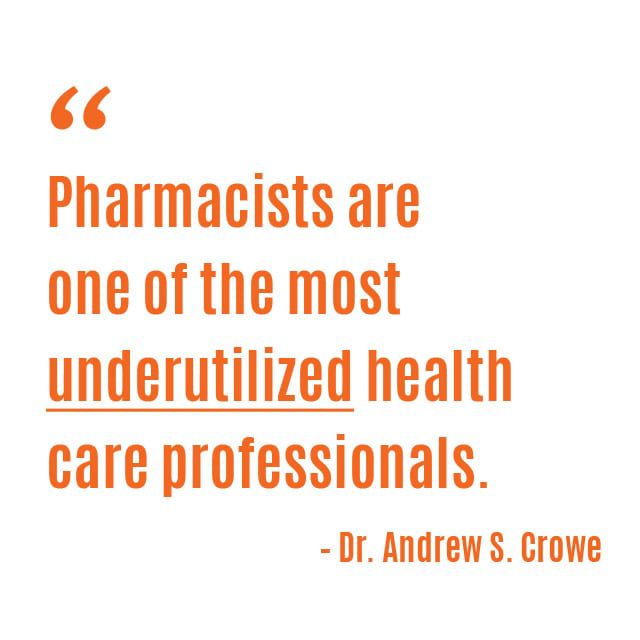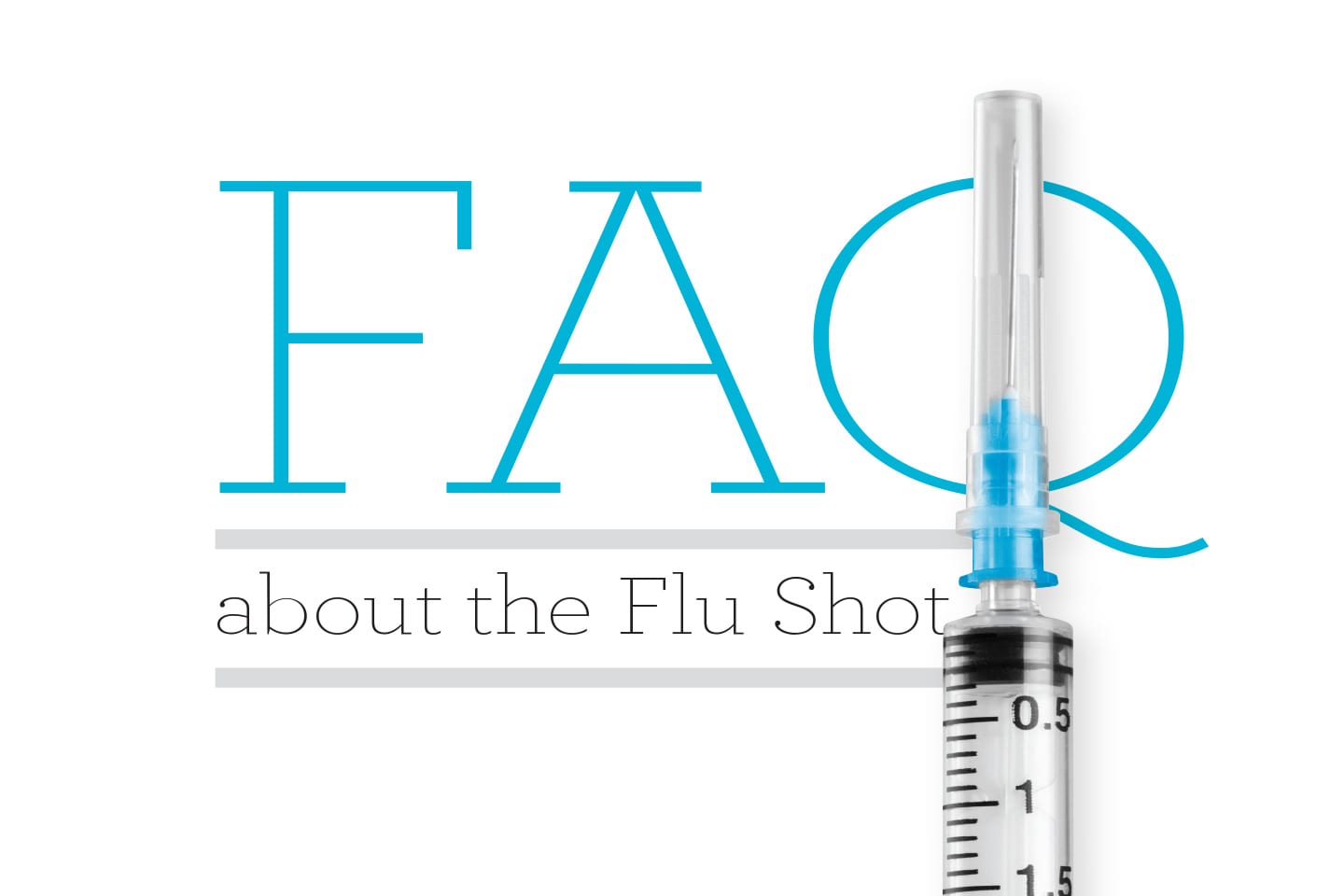By Katie Faulkner
It’s that special time of year: when ample time in close quarters has the average adult catching a virus at least twice. The bright side is that you can ease your suffering by choosing the right medication(s) to treat your symptoms. But with hundreds of over-the-counter (OTC) remedies available at your local pharmacy, navigating the cold and flu aisle can be a tedious task.
Wondering where to begin? We recommend a couple key pieces of advice.
The first is relying on the expertise of your local pharmacist. Don’t be afraid to ask questions. A pharmacist can help you choose medications that won’t interfere with your prescriptions, allergies, or existing health conditions. “Pharmacists are some of the most underutilized health care professionals,” says Dr. Andrew S. Crowe a pharmacist with Walgreens Pharmacy in Northshore.
The second is learning which active ingredients treat which symptoms – another area in which your pharmacist can offer guidance. Most OTC options only contain one or two active ingredients, and those ingredients have very specific functions. Here, three local pharmacists help us break down the most common cold and flu symptoms – and their solutions.
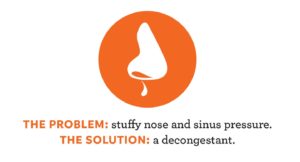



Decongestants are defined by their ability to unstop stuffy noses and break up sinus pressure. The active ingredient best known for this is pseudoephedrine, found in products like Sudafed. However, decongestant medications come with side effects – so those with certain health conditions should avoid them.
“Patients with high blood pressure or heart problems should avoid decongestants because these work by constricting blood vessels,” warns Dr. Whitney Hixson, Pharmacist in Charge at Erlanger Pharmacy. “While this reduces swelling in nasal passages, it may cause constriction in other areas leading to cardiovascular problems.”
For patients with congestion that also have heart conditions, thyroid conditions, or high blood pressure, Dr. Crowe suggests an alternative. “I like to recommend an antihistamine – which can have a ‘drying up’ effect without the unwanted side effects of pseudoephedrine,” he explains.
If you opt for a nasal spray with a decongestant factor, like Afrin, be wary of the potential cardiovascular effects. Also, be careful how long you use it. “You really don’t want to use a nasal decongestant spray for more than five days,” Dr. Crowe explains. “Otherwise you’ll likely encounter ‘rebound congestion,’ which can include a worsening of the symptoms.”
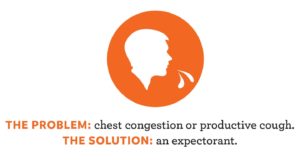



Expectorants, found in products like Mucinex and Robitussin, are great for clearing out mucus from a productive cough. Their active ingredient, guaifenesin, works by thinning your drainage, making it easier to cough up.
If you plan to take an expectorant, just remember to hydrate. “People often forget that expectorants work best when you drink lots of water,” explains Dr. Hixson. “The active ingredient has to have something to work with.”
If you prefer a natural approach to kicking congestion to the curb, try honey, steam, chicken broth, eucalyptus, menthol, peppermint, rosemary, or clove oils. When inhaled, these can be enough to break up the “crud.”
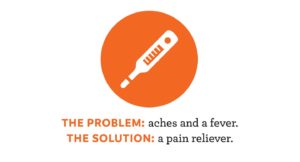

When it comes to easing the pain of a cold or flu, you have plenty of options. Acetaminophen, the active ingredient in Tylenol, could be a good place to start. Just be wary of taking too much. In excess, this medication can be harmful to the liver and kidneys. And it can be easy to overdose, since it’s often found in combination cold and flu medications.
“Always read the labels of any combination drug,” Dr. Crowe advises. “If it contains a pain reliever, and you’re already taking a single-use pain reliever, you may accidentally go over your recommended dosage.”
Another option is a non-steroidal anti-inflammatory drug (NSAID), such as ibuprofen or aspirin. These are gentler on your liver while still being effective pain relievers and fever reducers. “I often recommend alternating NSAIDs with acetaminophen for fever and pain,” suggests Alan Voges, registered pharmacist at Fairyland Pharmacy. “This keeps you safe by giving your body regular breaks from both ingredients.”
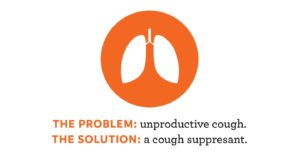

If you have a dry, shallow, tickling cough in your throat, a cough suppressant is your best bet. “Dextromethorphan is the active ingredient in cough suppressants no matter what form they come in – drops, pills, or syrups,” says Voges.
This variety is useful, particularly if you struggle with high blood sugar. “Diabetics or anyone with high blood sugar levels may want to avoid certain cough syrups because many are high in sugar,” says Dr. Crowe. The good news is that many formulas are specifically geared toward those with high blood sugar.


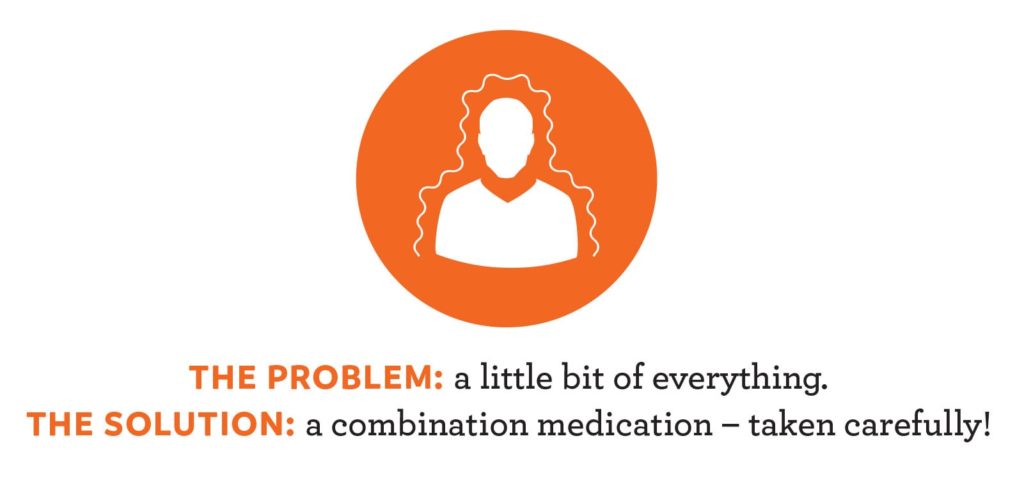



“Multi-symptom medicines can be very effective, as long as you take them responsibly,” says Dr. Hixson. Just be aware of all the ingredients contained in your medication. “Often, you’ll find these have a nasal decongestant, antihistamine, cough suppressant, and a pain reliever all in one,” says Dr. Crowe, “You want to make sure you aren’t duplicating medications!”
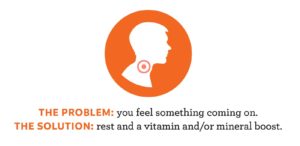

Tend to start chugging orange juice at the first sign of the sniffles? A better option might be to hit the hay earlier. “When the body is run down and under stress, that’s when we’re more susceptible to an infection,” Dr. Crowe says, emphasizing good rest and healthy choices as the best prevention.
If you have your heart set on a vitamin and mineral boost, though, it can’t hurt to try a few OTC products. Emergen-C, Airborne, and zinc are all viable options to boost energy and lend a helping hand to your immune system. None of these have any substantial trials supporting their effectiveness, but many patients still prefer to use them.
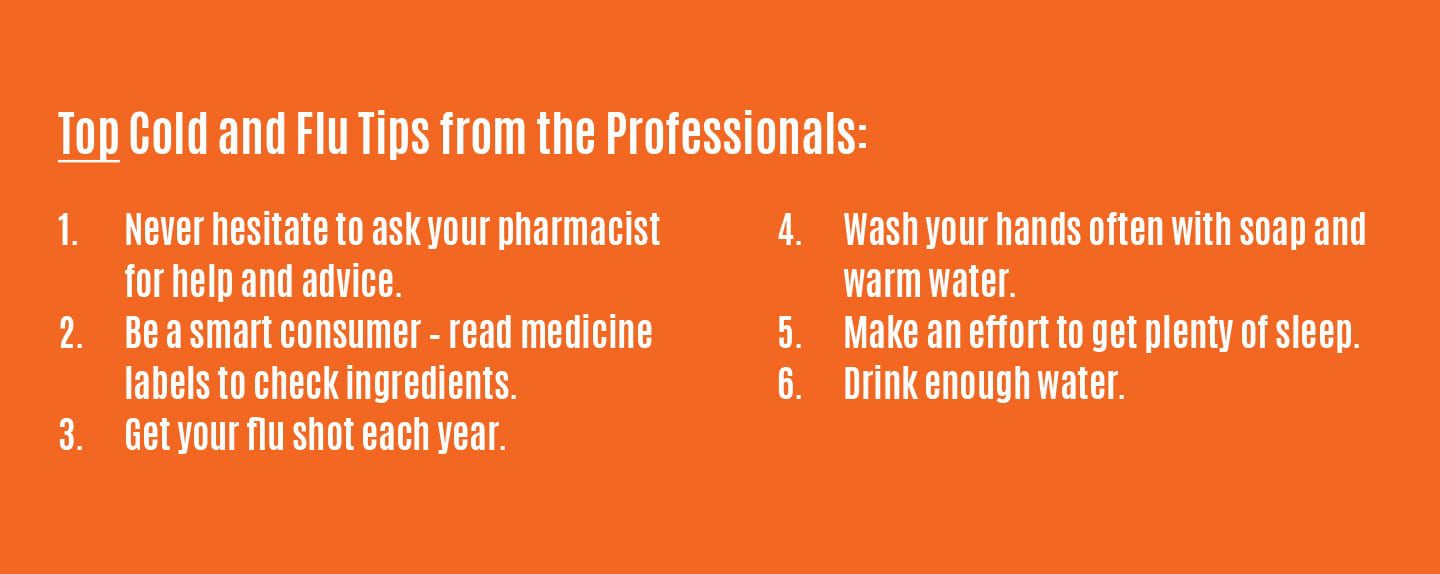

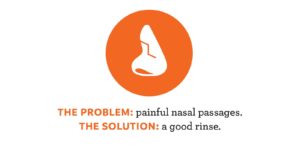

When nasal passages are dry or sore, saline rinses and humidifiers are a great remedy. “Just remember that you should always use distilled water in humidifiers and Neti Pots,” Dr. Hixson reminds. “It’s far more sterile than tap water and has no added chemicals.”
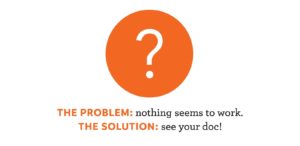

Remember, if you’ve treated your symptoms with OTC medications for more than three to five days, your symptoms are worsening, or you’re running a consistent high grade fever, you should visit your doctor. Also, never take any medication without consulting a health care professional. Pharmacists will gladly help you decipher which medications are safest for you based on your health history and any other prescriptions you may be taking

